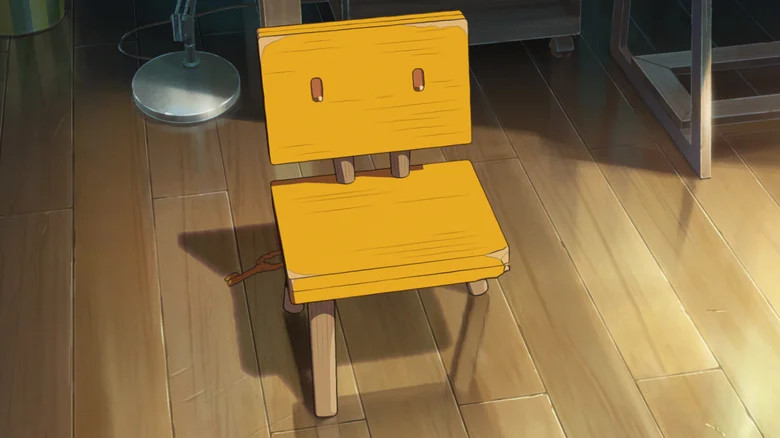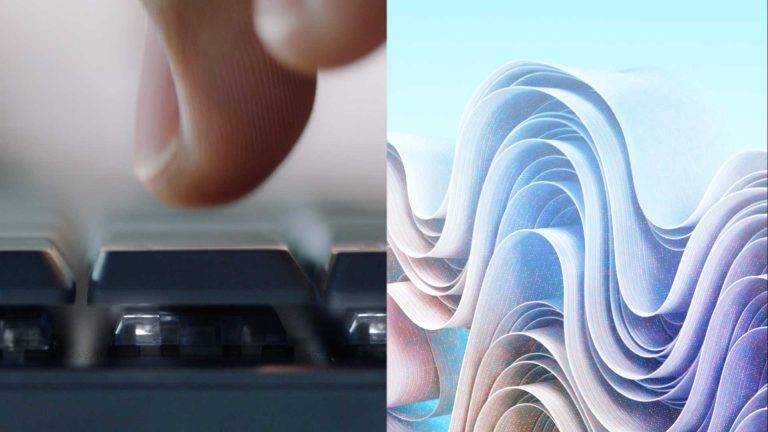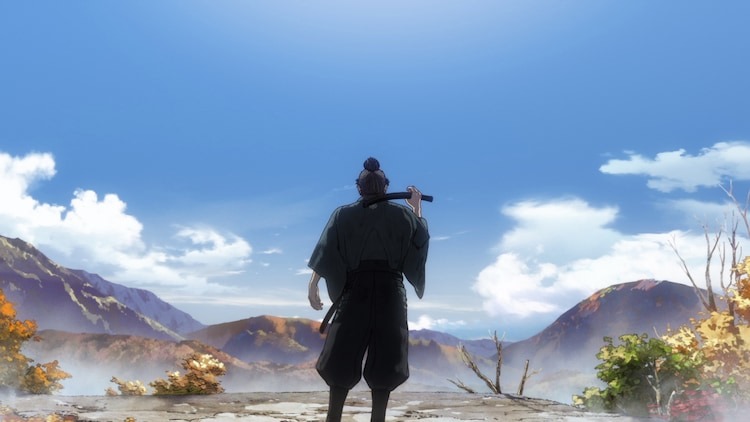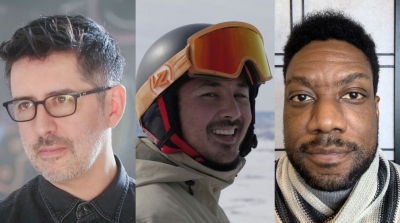Unlike Your Name, where I went in blind, I had an idea about what I’d see with Suzume. I assumed it would have stunning animation that supported the message of the film. It absolutely delivered. There is a gorgeous blend of textures that look realistic, with the things that are supposed to stand out feeling simpler. You can see it in the pic [below], with the more realistic-looking floor and light stand patterns, with the chair, aka Sōta, looking more childlike. As if the things that are important to Suzume belong more to her sense of childhood wonder rather than living in the day-to-day world.
Jenna Busch at Slash Film was full of praise for the animation in Suzume.
As in Shinkai’s recent films, the mystical mechanism that opens up the world and the story – whether it be switching bodies or controlling the weather – rarely imposes itself on the emotional aspects. Yet there are elements of Suzume’s cosmology that, for a change, feel a little overbearing and ill-defined. However, where Shinkai remains peerless is in taking those big, magical, melodramatic swings and landing them with a gentle, compassionate touch. His power is also in his use of metaphors that could be clumsy, such as the image of literally locking the door on old, painful memories and experiences. What should be cloying and obvious instead becomes universal and touching.
The film has already grossed more than 8.5 million globally from just seven markets, although among those seven are Japan, China, and South Korea, likely to be some of the largest contributors to the film’s final total. But, this isn’t a box office piece, so we’ll hold off on any further analysis until Monday when we know more about how U.S. audiences have responded to the film.
Today’s the day that Crunchyroll brings Makoto Shinkai’s latest Japanese box office smash, Suzume, to North American theaters.
What is it about Shinkai’s work that speaks to so many people? First, it’s gorgeous. He’s a master of light and shadows, shading his animated dramas with visual acumen that simply makes them more enchanting. He has an incredible ability to balance fantasy elements with real-world imagery, usually leaning on the beauty of the natural world as his gorgeous backdrop and producing shots that aren’t over-considered as much as simply beautiful. But it’s not just the enchanting animation—Shinkai tells stories that resonate on a universal level while also being distinctly Japanese. There are key elements of Suzume that directly speak to the history of Japan and the fears of its people, but Shinkai’s gift is his ability to make the issues of trauma and anxiety feel like everyone’s. Suzume isn’t quite the masterpiece that is Your Name but I wouldn’t blame anyone for falling in love with it.
The practice ended up being mostly futile, as American critical opinions seem to fall right in line with the rest of the world. The consensus is that Suzume is a phenomenal film, expertly animated, and with a story that will have audiences enthralled. The most common knock was that Suzume’s narrative could be a bit rudderless at times, resulting in a film that doesn’t know exactly what it wants to be. Those criticisms were rare, however, and nearly every review we saw still gave the film a favorable score by whatever metric they used.
Maya Phillips at The New York Times felt that Suzume wasn’t always clear in what kind of film it wants to be:
Rogerebert.com’s Brian Tallerico praised Shinkai’s ability to make his supernatural and uniquely Japanese films feel completely relatable to audiences anywhere:
Though the film does work as a metaphor about growth and loss, it never elaborates the rules of its world, which detracts from the narrative. The film, like Shinkai’s last, Weathering With You, can’t decide if it wants to be an outright climate change parable or just a fictional story that references real climate disasters. Inspired by the 2011 Tohoku earthquake and tsunami, Suzume doesn’t fully square its mythology with those real environmental tragedies — or with humanity’s accountability in the inevitable monstrous acts of the natural world — and what this all means for the film’s plot and resolution. Unclear character motivations and murky magical logistics raise more questions than provide answers. Which is what makes Suzume a fascinating, frustrating film. It doesn’t fulfill the promise it made in that truly stellar first act: to launch us into an adventure that crosses regions and planes but lands us steady back on our feet.
In his review for the Austin Chronicle, Richard Whittaker says that some of the film’s supernatural elements don’t quite hit the mark the way that those in previous Shinkai films did:
For the purposes of this review roundup, we wanted to see what U.S. critics are saying about the film as it hits theaters nationwide. To that end, we stuck with U.S.-based media while aggregating reviews.






